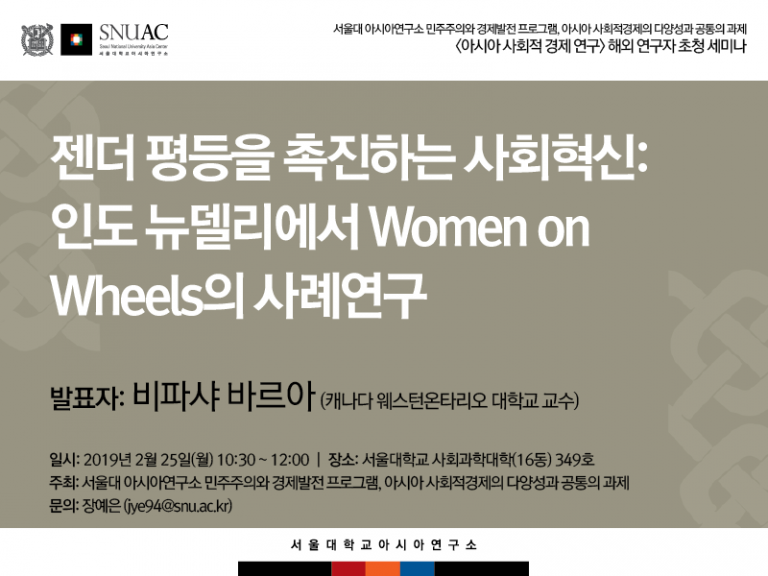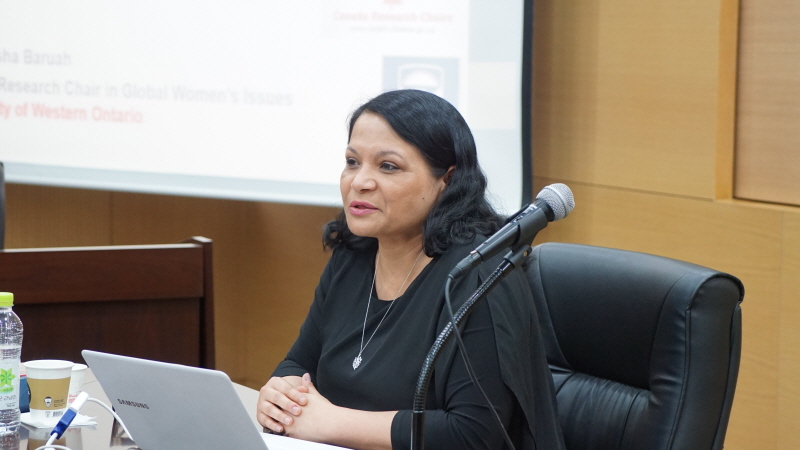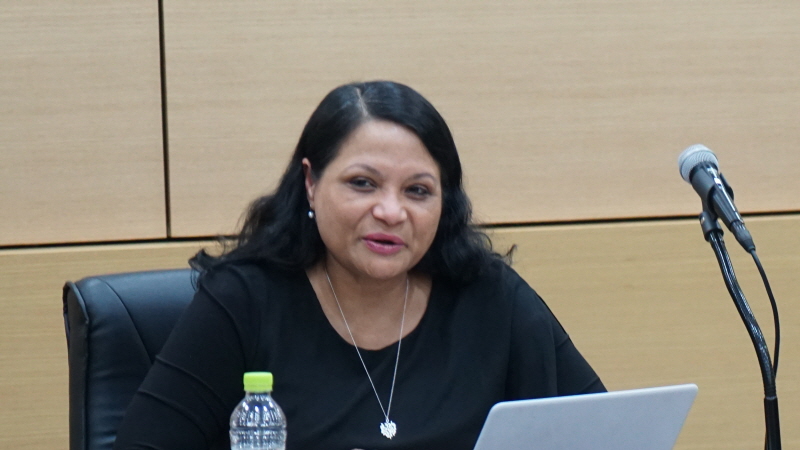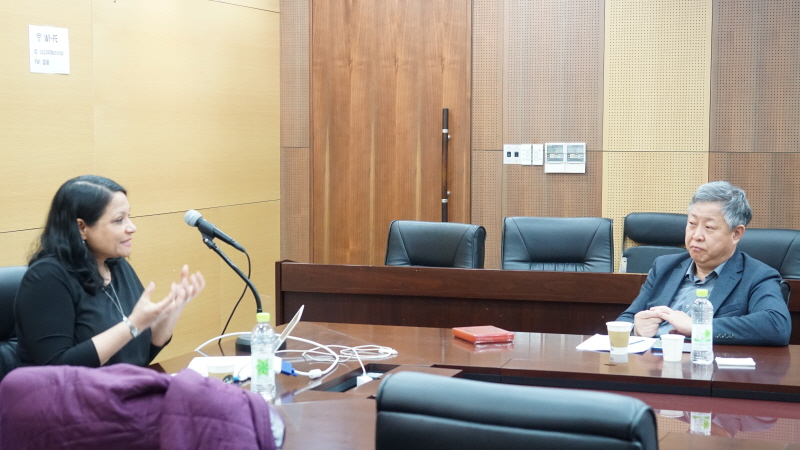Promoting Gender Equality through Social Innovation: Women on Wheels in New Delhi, India

Seminar
- Date & Time: Monday, 25 February, 2019, 10:30-12:00
- Place: International Conference Room(#349), College of Social Sciences(Bldg#16)
- Speaker: Professor Bipasha Baruah (The University of Western Ontario)
- Organizers: Diversity and Commons of Asian Social Economy Project & SNUAC Center for Democracy and Economic Development
- Inquiry: Yeaeun Jang / jye94@snu.ac.kr
Abstract
From smokeless stoves in Uganda to gravity ropeways in the mountainous regions of Nepal, from land titles in Peru and legislative gender quotas in Rwanda to microfinance and village phone entrepreneurs in Bangladesh, social innovation has been known to improve women’s lives all over the world. Progressive social change can be created through the introduction of appropriate technologies, shifts in social attitudes, and increased or more equitable access to economic opportunities and financial innovations. Although it is widely accepted today that social innovation and gender equality are both processes that influence social and economic progress, very little systematic empirical research has been conducted to understand how the two may interact and influence one another. This presentation contributes toward addressing this gap through research conducted in New Delhi, India with a hybrid public-private-NGO initiative called Women on Wheels (WOW), which trains and employs poor urban women as chauffeurs and taxi drivers, in order to understand the challenges and opportunities of employing social innovation to empower women. Preliminary findings provide evidence of the potential for social innovation to alleviate poverty and promote gender equality. Through the study of an innovative urban economic empowerment project that brings together state agencies, NGOs, corporations and social enterprises, this research documents the emergence of a hybrid model of capitalism, multiple-stakeholder governance and civil society participation that may provide a viable means for promoting social justice. One important lesson that emerges from this research and other research conducted in the past on resource-poor women and paid labor in India and elsewhere seems to be that similar social and economic outcomes can be accomplished using both individual and collective approaches to empowerment. The two may not be as different and diametrically opposed as they are often made out to be in the development literature, and they do not have to be mutually exclusive.
Review



